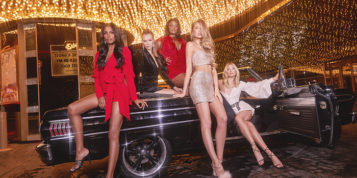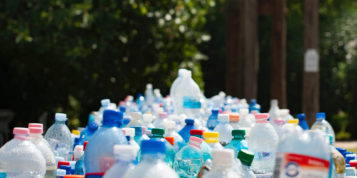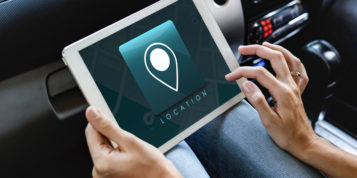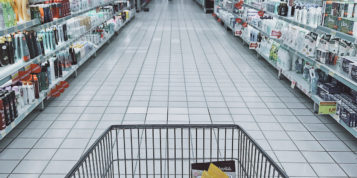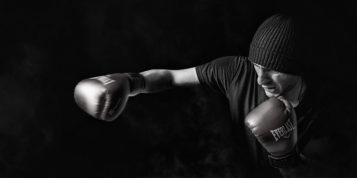A new survey by artificial intelligence firm GumGum in conjunction with Digiday Media has found that 60 per cent of marketers consider brand safety to be a serious concern. Although the figure is a significant improvement from the 90 per cent of marketers who felt that way in a similar survey the year before, there is still a lot of work to be done.
One reason for the improved sentiment could be the more proactive role brands are taking in approaching the issue. For example, 91 per cent of marketers reported that their companies have established an internal role related to enhancing brand safety; the year before, just 34 per cent said the same. A full 95 per cent said that such internal efforts had been successful to some degree in limiting unsafe exposure.
When it comes to curbing brand safety, blacklists were identified as being the most effective tool. However, it’s a bit of a double-edged sword, with many marketers complaining that blacklists and whitelists alike have negatively impacted their ability to reach audiences. Meanwhile, the number of marketers who use image recognition to address brand safety has doubled in the past year.
GumGum President and CEO Phil Schraeder said: “The problem is that some of the improvement for brands has come at the expense of exposure to viable audiences. There’s an overreliance on highly restrictive methods like blacklisting, when smarter, more precise brand safety tools—AI-powered contextual analysis, for example—are available.”
Threats, social media concerns shifting
There has also been a shift in the biggest threats to brand safety. While divisive politics and bad new were the top threats in 2017, 2018’s biggest concerns were vulgar language and competitors’ branding.
The survey was carried out in November 2018, but the full findings were just released this week. It explored the state of brand safety within advertising and uncovered what agencies, publishers and brands were doing to reduce unsafe content exposure.
When respondents were asked to rank social media platforms, Twitter was deemed the most brand-safe platform available, rising significantly from second to last in 2017. Facebook took second place after settling for last place in the 2017 study; its efforts to curb sensationalist content as well as misinformation have won them some goodwill. In addition, the Facebook Marketing Partners program recently kicked off a brand safety certification feature to help advertisers review their content options and exert greater control over where the ads they place will appear.
